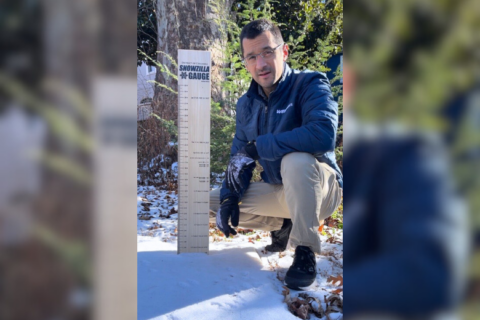In a newsroom accustomed to breaking news, the email subject line caused a collective gasp: “Jim Farley has passed away.”
During his 17 years as vice president of News & Programming at WTOP from 1996 to 2013, Jim Farley oversaw the transformation of a poorly-rated AM news, talk and sports station into the consistent top-billing radio station in the country.
Monday, Joel Oxley, senior vice president and general manager of WTOP, shared the news with staff that Jim had died of a heart attack during surgery for an aneurysm.
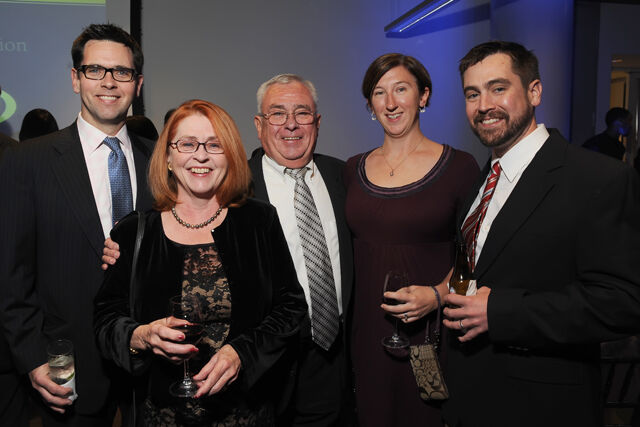
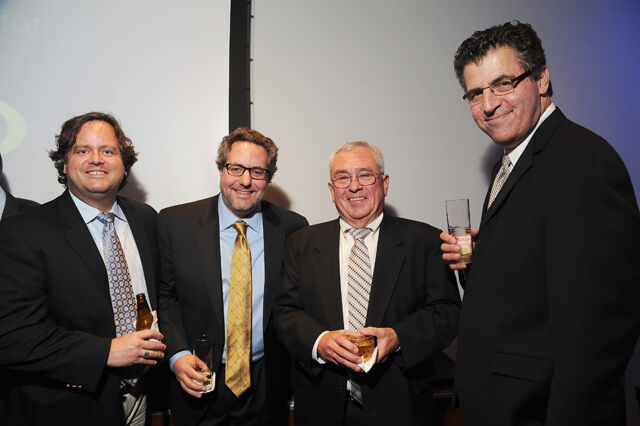
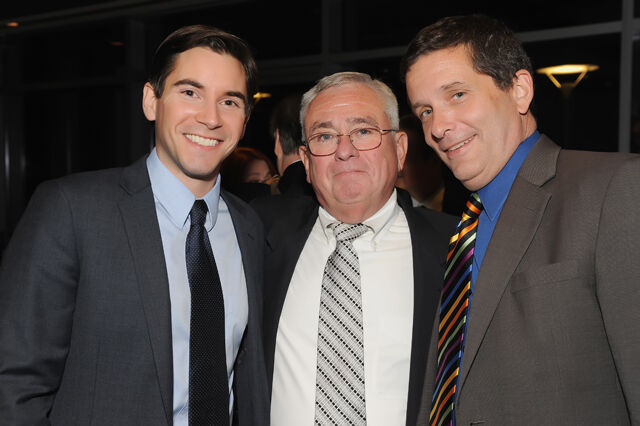
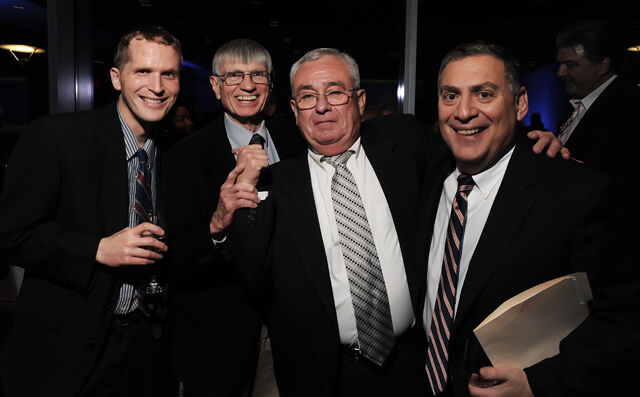
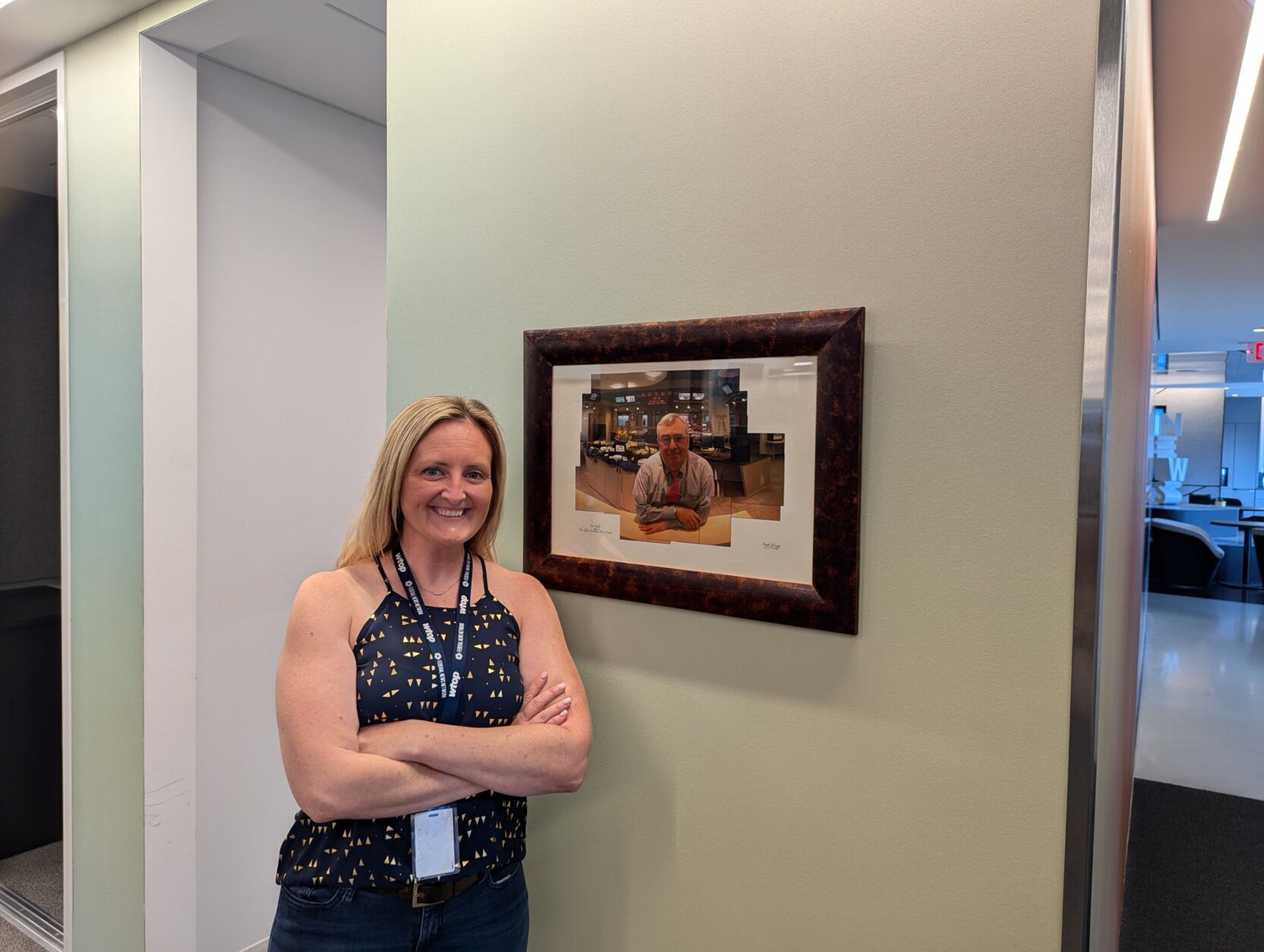
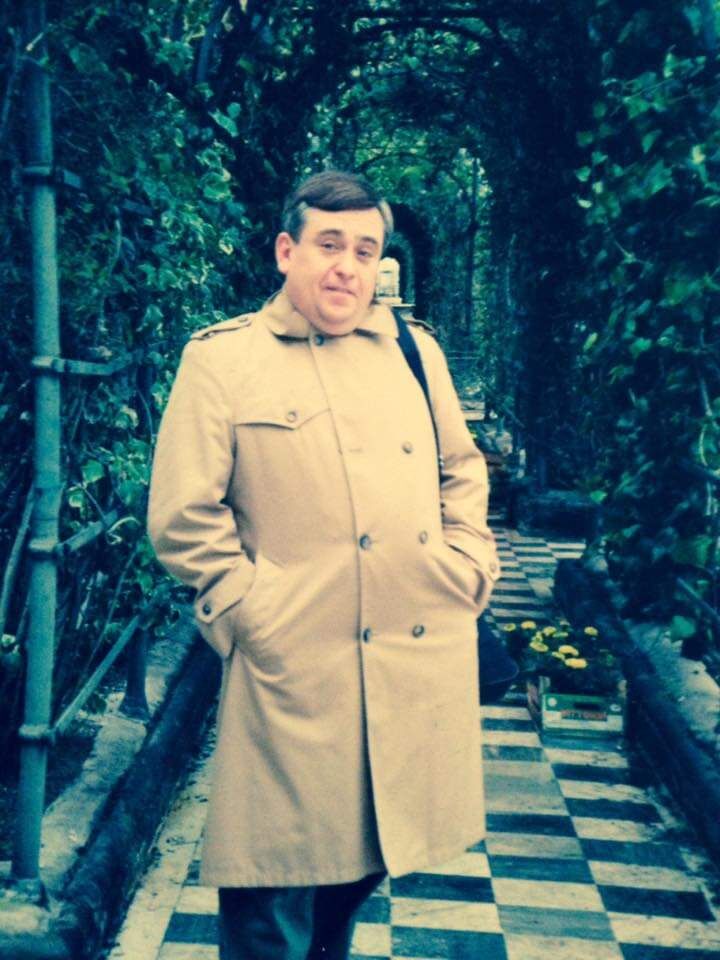
Undated photo of Jim Farley. (Courtesy Mitch Davis)
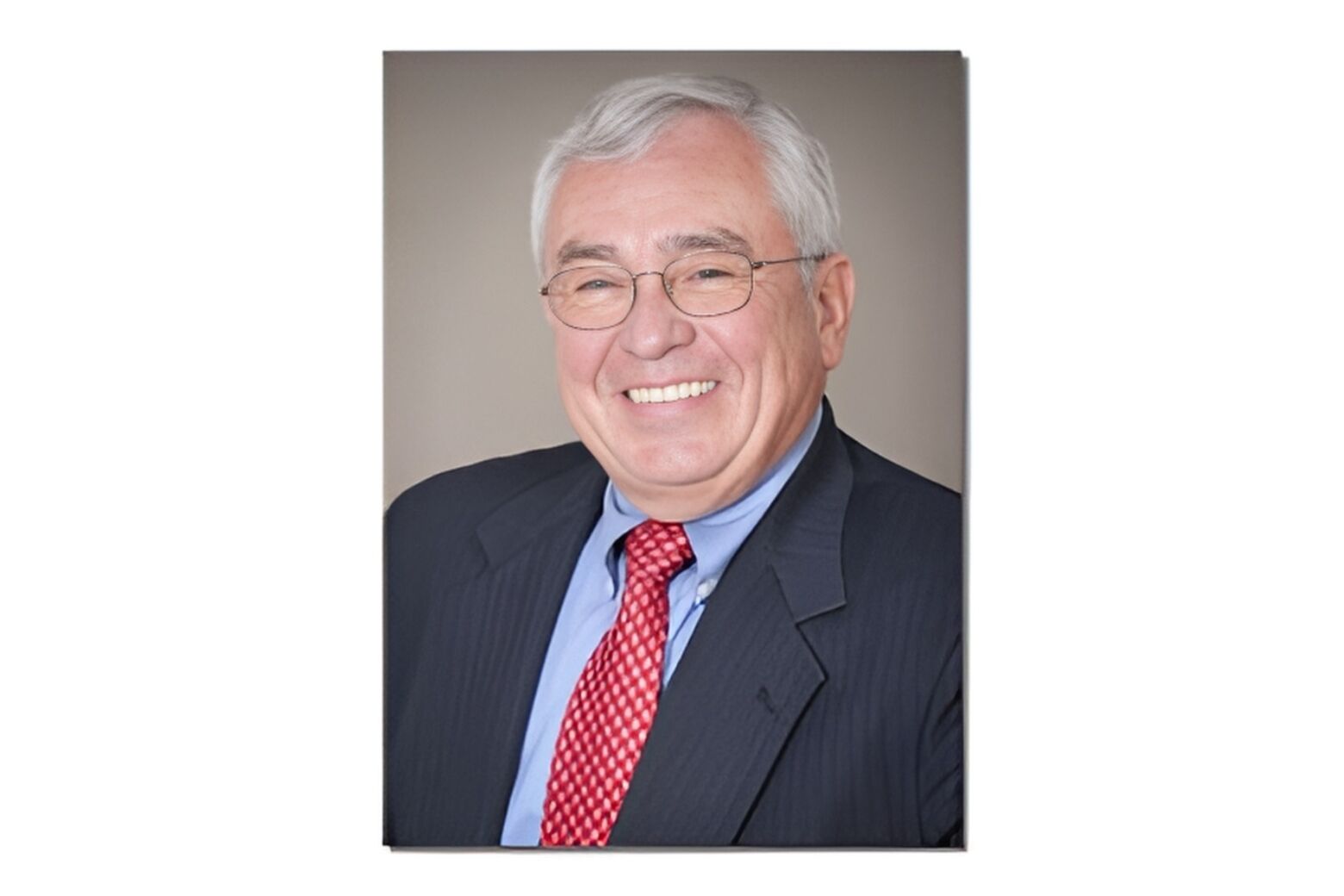
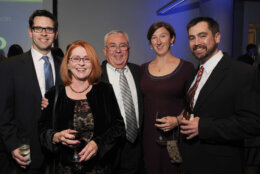
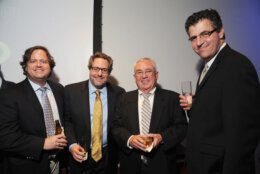
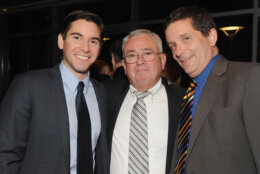
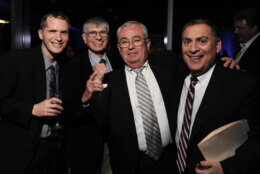
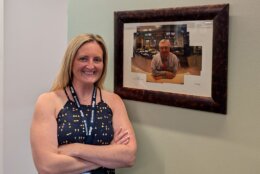

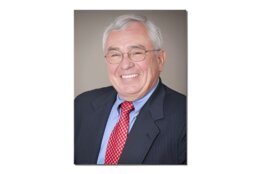
Farley’s talents as a news manager led WTOP to countless national awards, including Edward R. Murrow Awards, National Association of Broadcasters Marconi Awards and National Headliner Awards.
However, it was Farley’s capacity for engendering a feeling of pride, responsibility and empowerment within the WTOP newsroom that has led to a flood of appreciation from current and past employees.
“He once described his (leadership) technique to me as ‘managing by walking around,'” said afternoon anchor Shawn Anderson. “He rarely if ever interfered with the sausage-making of putting news on the air.”
Capitol Hill correspondent Mitchell Miller echoed his regard for Jim’s leadership style: “He always let his team take the helm with breaking news because he trained us all so well and trusted us to do the right thing.”
Farley wouldn’t disagree with the characterization that he was part Edward R. Murrow and part P.T. Barnum. He coined the phrase “Glass Enclosed Nerve Center,” to demonstrate radio’s “theater of the mind.”
“He had the flash to gather an audience, and the gravitas to provide reliably credible reporting,” wrote former reporter and anchor Chas Henry on Facebook. “Not once during years of working for Jim did I ever feel editorially queasy; his journalistic ethics were rock solid.”
During Farley’s tenure, he consistently tested the boundaries of news radio. He hit the ground running when he first arrived. He held staff meetings for “How we’re gonna win.” He emphasized pocketbook issues and a focus on storytelling.
Personally, I recall in those meetings where Farley would describe that good radio stories are relatable to our audience. Farley would say something like, “Does the story make me think, ‘That’s just like me,’ or ‘I wish that were me,’ or ‘Wow, I hope that’s never me.'”
Miller said, “If stories were boring, he’d let you know, and he had colorful names for those stories. For our family audience, let’s just call them ‘Who gives a darn’ stories, or duck farts — stories that don’t mean anything, to anyone.”
While on the AM dial at 1500, WTOP could be heard up and down the East Coast. However, radio ratings are based on local listeners, not whether or not people listen far away. With an ally in Chief Engineer Dave Garner, Farley wanted to improve the sound quality of WTOP’s news, weather and traffic content, since many listeners were, and are, in cars.
”When Jim got here in ‘96, we had 94.3 FM, and Garner was on the cusp of getting 107.7. Jim argued a marketwide FM would be a game changer, and he was right,” said Oxley, WTOP’s general manager. As an FM station, WTOP became the top-billing station in the nation for any format.
Long before the phrase “multiplatform” was coined, Farley preached that WTOP’s on-air product and its new website would share content. “We are they, and they are us” was Farley’s strategy, and it bucked the parochial past of news organizations.
And even more controversial, Farley encouraged reporters to break stories via social media, in addition to on-air and on WTOP.com. He called it “platform-agnostic.”
”He was a very early champion of being a digital news organization that put news out across all platforms as simultaneously as possible,” Oxley said. “He saw the value as a brand play and increased distribution.”
While other broadcasters are savvy businesspeople, many of the stories being warmly shared were about how Farley offered an opportunity and sparked inspiration.
As I posted on X, I literally owe my career at WTOP to him. For years, radio people told me I didn’t have a voice for radio. When I was working part-time at WTOP, Jim said he wanted to hire me full- time, but wanted to pay to send me to a voice coach.
Former WTOP Sports Director Dave Johnson said on Facebook: “Jim Farley believed in me. I wrote my sportscasts hoping he would laugh.”
WTOP Entertainment Editor Jason Fraley remembered: “His Farley-isms are as legendary as they are eternally useful: ‘Get it right, then get it first,’ and ‘Better to ask for forgiveness than to beg for permission.'”
Reporter Kate Ryan said Farley’s journalistic goals empowered her: “When I’m pressing an interviewee, and I can tell they’re uneasy that I’m not just swallowing their content hook, line and sinker, I always tell them, I come from a newsroom where the mantra is ‘If your mother says she loves you, check her story,’ Feel free to steal it — that one came from Jim.”
And, in a business littered with egos, Farley’s door was always open.
“He listened to the people who worked for him, even when he didn’t agree with them — he would hear them out,” said former reporter Hank Silverberg, on Facebook. “Most journalists who worked for Jim would knock down walls if he asked them to. RIP, Jim.”
Farley is survived by his wife Johanna, and sons J.T. and Patrick.
Get breaking news and daily headlines delivered to your email inbox by signing up here.
© 2024 WTOP. All Rights Reserved. This website is not intended for users located within the European Economic Area.



